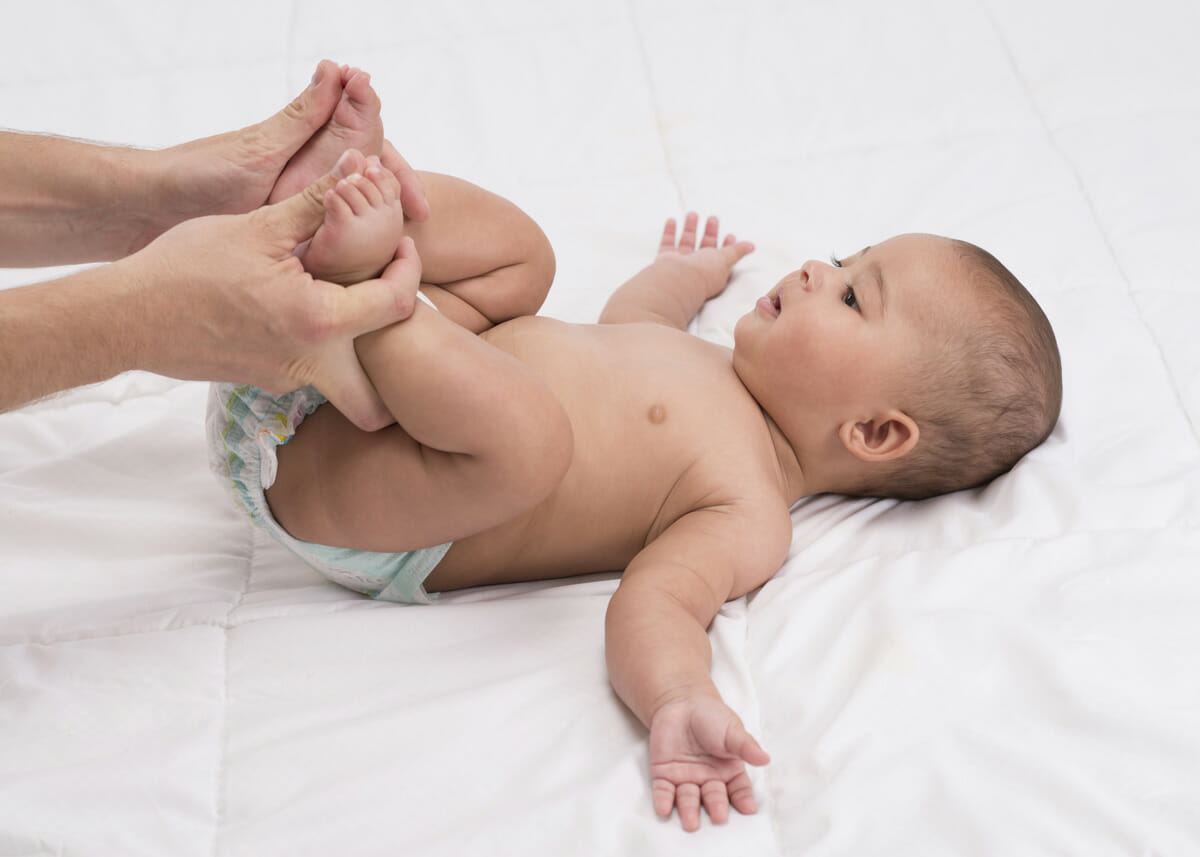While adults tend to think that childhood is a carefree time of life, the opposite is generally the case. Children are often subjected to many of the same aggravations and cares as adults, and can suffer the same problems from stress and anxiety.
Parents often think that school problems are trivial, or conflicts between students, but these can be very important issues for young children and can result in them suffering from stress. Likewise, major difficulties, such as a death in the family, divorce, or chronic illness are very often thought be adults to not make much of an impact on children; but they do.
Children and Stress
As with a person of any age, stress will manifest itself in children both on an emotional and a physical level. Parents should be alert to changes in their child’s behavior that may signal a response to stress:
- Alterations in sleep patterns including insomnia or nightmares.
- Lessened appetite.
- Complaints of illness or pain when there is no actual cause.
- Sudden bursts of anger or crying.
- Reluctance to leave the side of the parent.
- Withdrawing from normal activities.
- Infantile behavior.
- Bedwetting.
- Stammering or stuttering.
No parent should brush aside these symptoms, and should do whatever possible to alleviate them. While adjustments at school or home may be necessary to relieve the child’s stress, another way to help the child become calmer and happier is by the use of massage.
How Massage Helps Children
Humans are endowed with 5 senses: sight, hearing, taste, scent, and touch. The tactile sense, touch, is one of the most important as it helps to connect us with one another.
Massage addresses this vital need directly.
Receiving a massage helps children relax and literally put their cares and stresses into another’s hands. Because a massage is so relaxing for children, they often fall asleep while being massaged.
Children who are experiencing problems of any kind will have higher levels of cortisol in their systems. Cortisol is important because it is what helps living creatures respond quickly to a potentially threatening situation. However, when the cortisol is not ‘turned off’ it can start to affect the physical and mental wellbeing of a child.
Continual stress keeps cortisol levels high and will contribute to the above and other problems. Elevated levels of cortisol will damage the child’s immune system, leaving him or her more likely to develop viral or bacterial illnesses.
Massage, especially therapeutic massage is especially helpful in dealing with elevated levels of cortisol. During a massage, as the child’s body and mind respond to the gentle treatment, the brain will release more of what are often called our ‘feel good’ neurotransmitters, endorphins.
As endorphins are released, the body reduces the production of cortisol, as no threat is perceived. Making massage a regular part of a child’s life can help to keep stress at bay and allow for a happier outlook.
Children who are active when playing or in sports can also experience muscle aches and pains that will be alleviated by the use of massage. Those recovering from more serious injuries will also find that increased circulation and relieving of tension will speed healing.
Hyperactive children have been found to especially benefit from massage. The relaxation and hand’s on attention that these kids receive washes over into everyday life, making them much calmer and more settled, and hopefully reducing or eliminating the need for medications.
When to Begin
It is actually best to begin massaging a child when he or she is still an infant. Both parent and child will benefit from the touching, and it will help to strengthen the bonds between them. Although infants are basically immobile and easy to massage gently, once the baby starts crawling, do not expect such ‘cooperation’, and massage is best administered on the fly.
As the child becomes older, understanding of the procedure will allow for a more thorough massage, but never expect a young child to lie still for an hour. As soon as the child begins to fidget, stop – you will want this to be a pleasant experience that the child will look forward to. Never force a massage.
Although parents are quite capable of massaging their young children, professional masseuses can also be used, especially if there is some physical problem. Spas now often offer massages for children, and most masseurs will be happy to administer a massage to any child.
